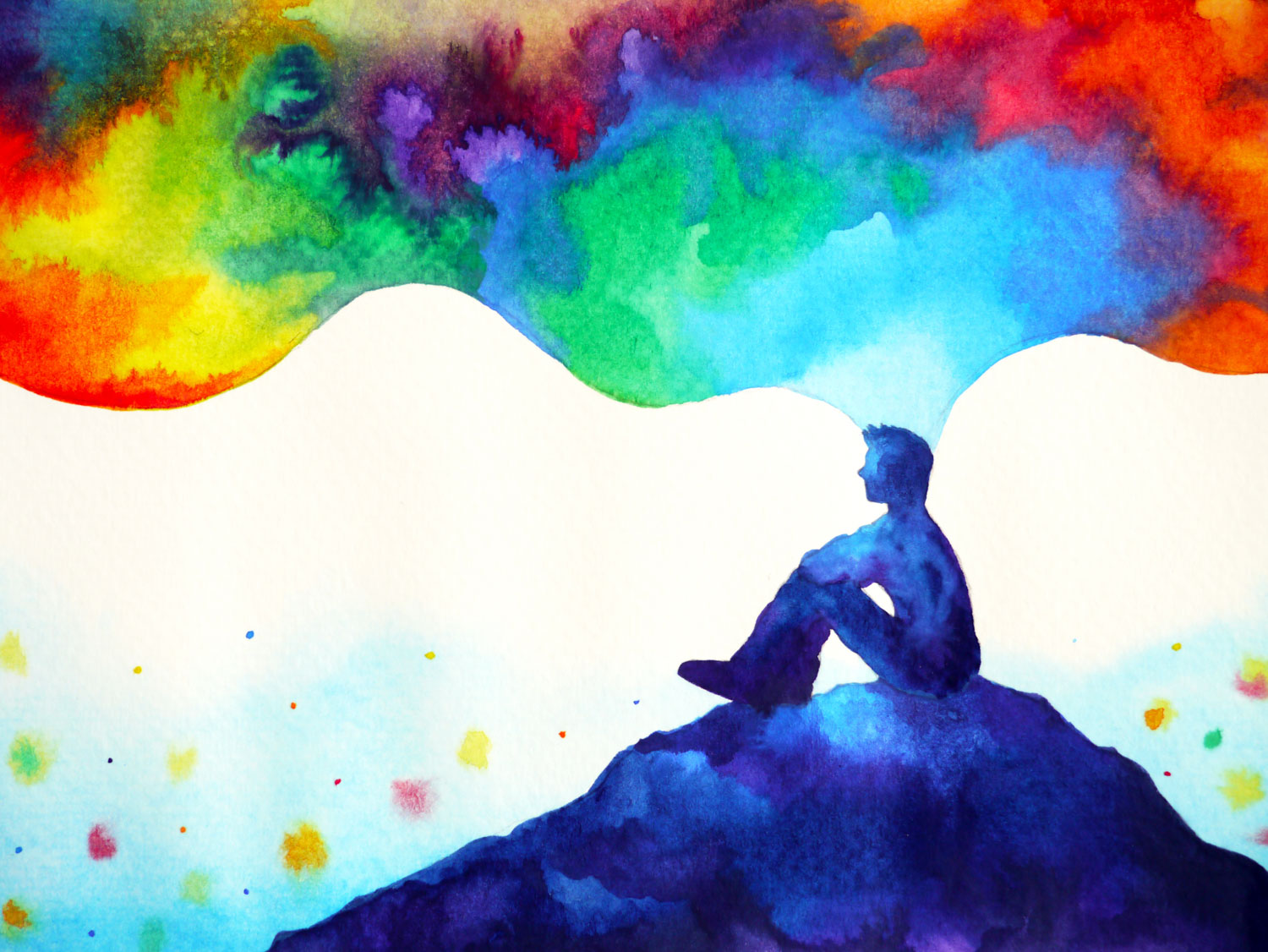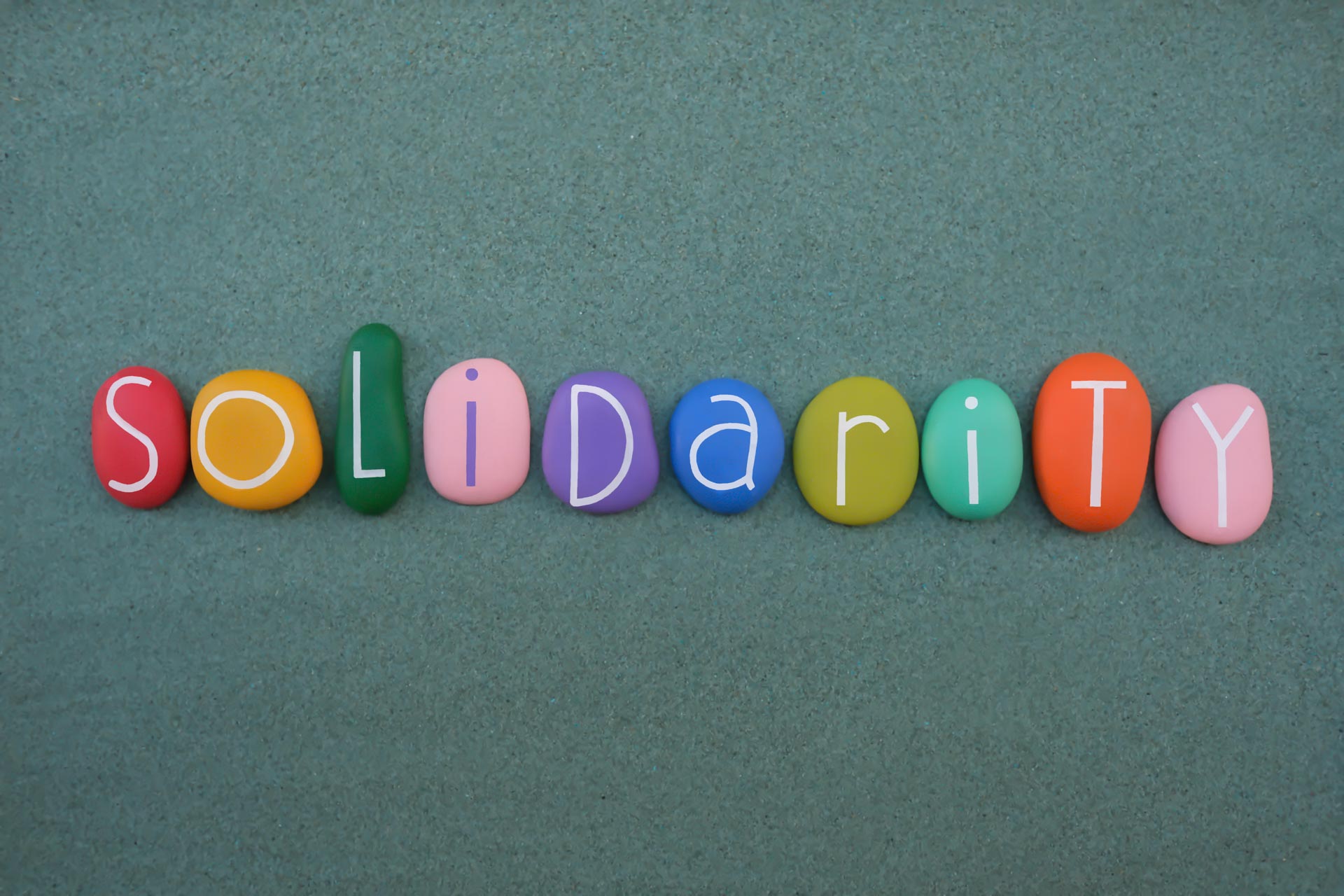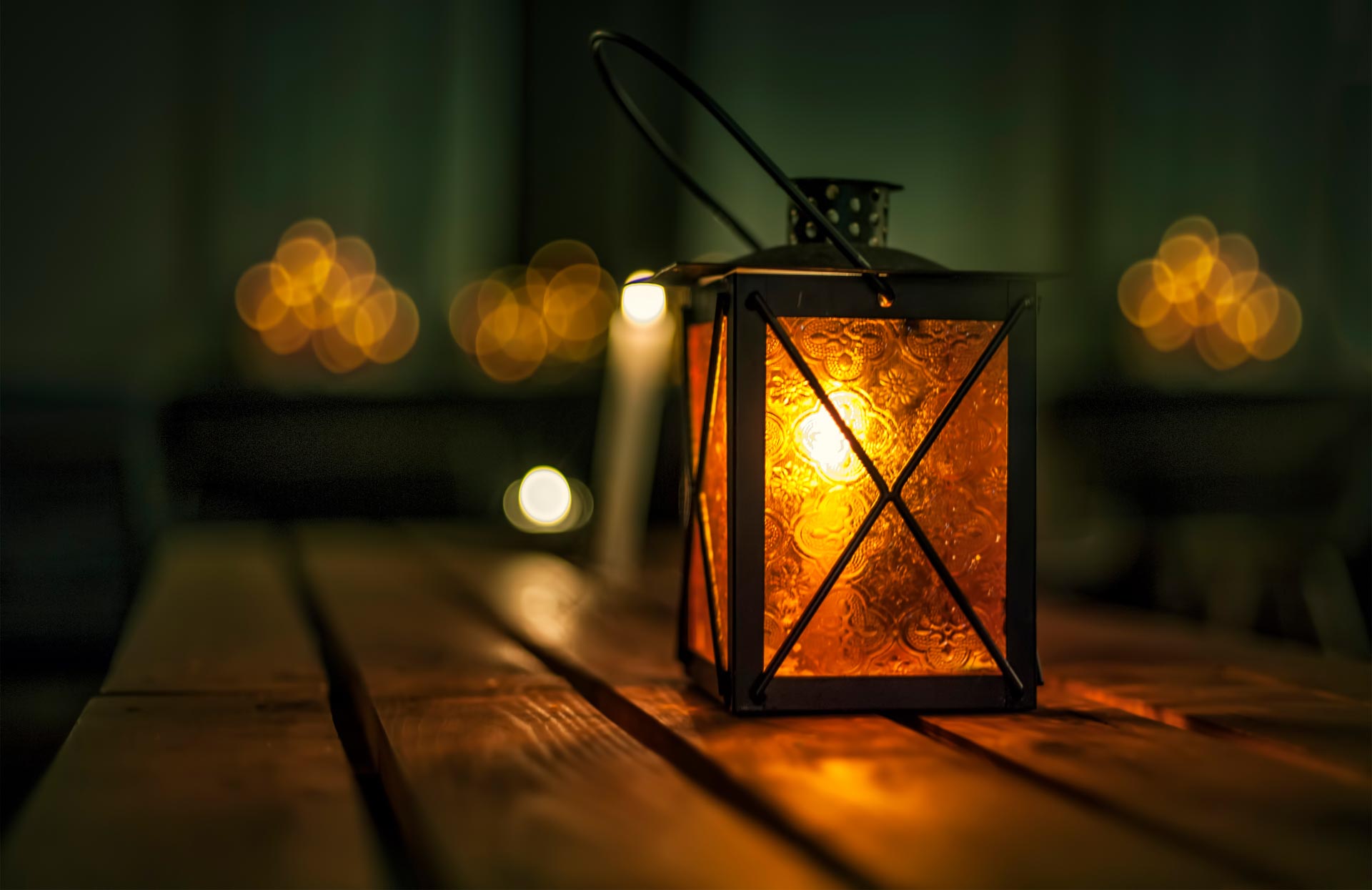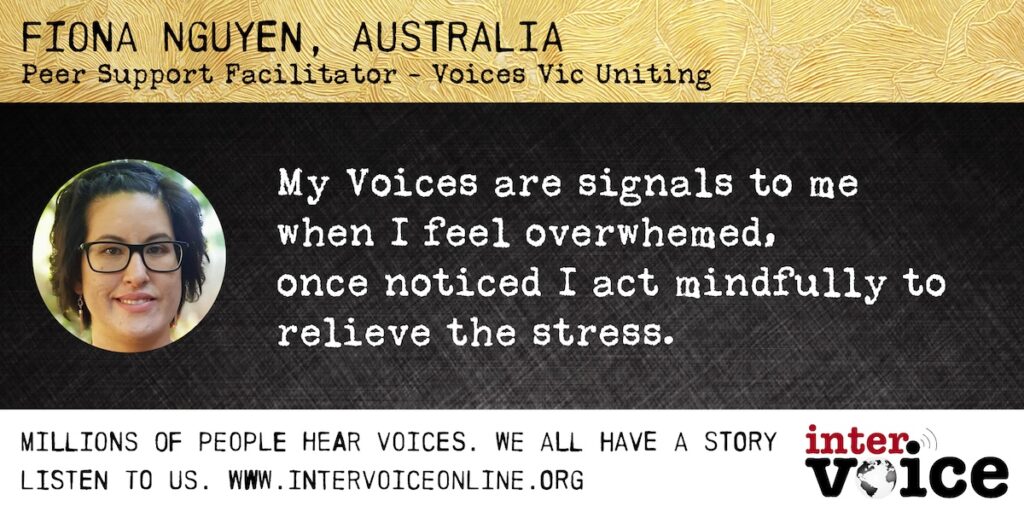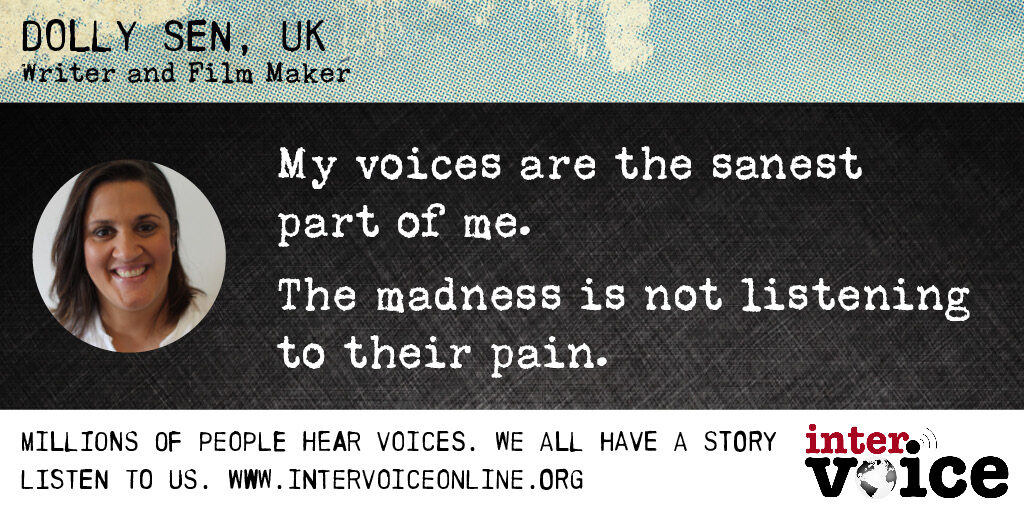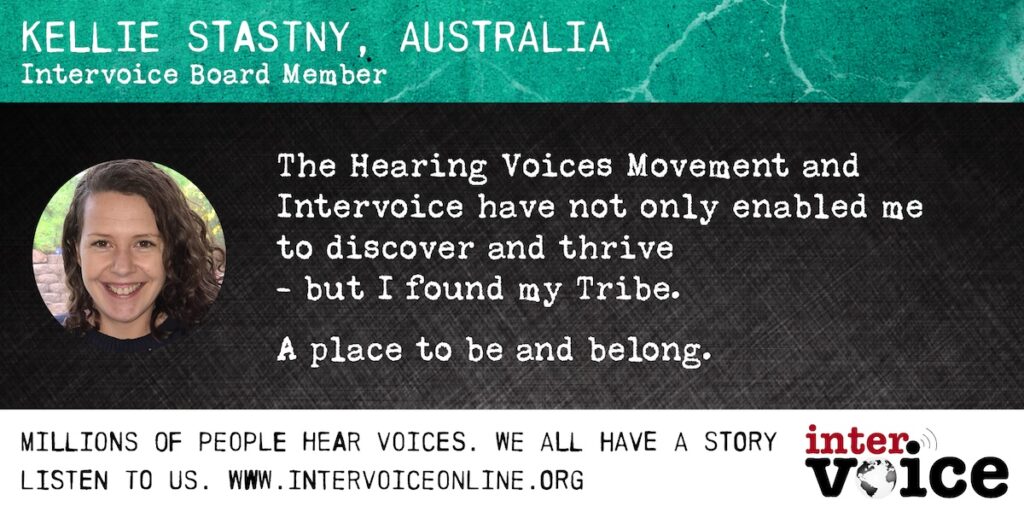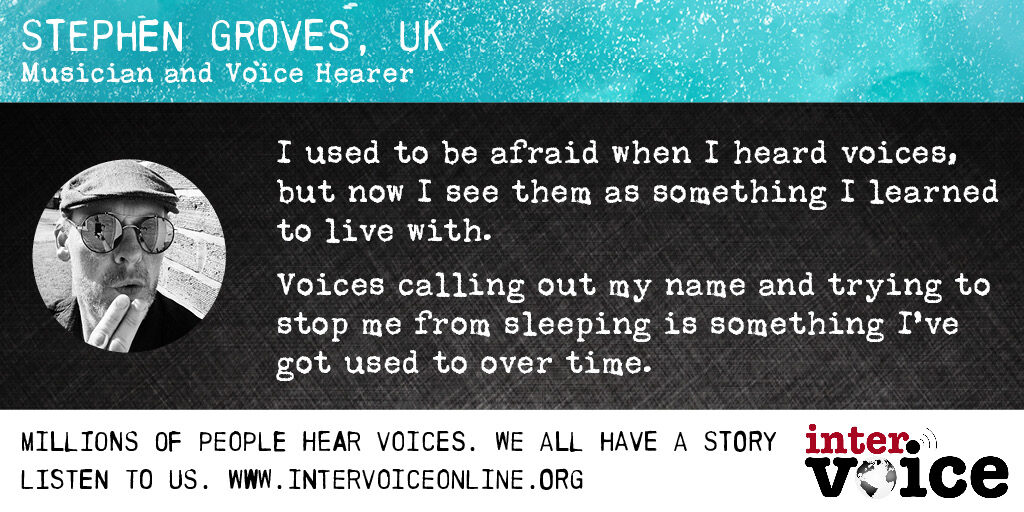A Personal Account of Hearing Voices
By Dr. Ben Gray, published with the kind permission of the author.
It is perhaps ironic that in over 10 years as an academic and researcher in the field of mental health, I never appreciated the suffering of people with schizophrenia and mental illness until I had a nervous breakdown that kept me under section in a psychiatric acute unit for 12 months.
Among the people I met during my time there was Rosemary. The last time I saw her she was waiting to be discharged from the hospital. She had no one to go home to, just an empty house.
Rosemary was an unassuming, quietly spoken woman, unremarkable apart from an air of sadness and loss. Rosemary had told me and many of the nurses that she would be better off dead than hearing any more of the terrible and taunting voices that kept her from sleeping. Better up there with her mother in heaven, she told me, then down here in the hell of the psychiatric ward with her voices.
Within a few days of being discharged, she was with her mother again. The nurses called a meeting in the communal lounge. There had been an accident. Rosemary had thrown herself in front of a train. The girl next to me at the meeting broke into tears.
Night after sleepless night and through the long, seemingly endless days on the ward, where smoking and TV stood in place of any attempt of therapy, I and my fellow patients experienced similar feelings to those of Rosemary, feelings of loss, isolation, pain, confusion and helplessness.
“You’re alone,” an insidious voice told me. “You’re going to get what’s coming to you.”
Joy was different. She was a mother of two autistic boys and had a loving husband who would visit her every day and brought her cigarettes, the social currency of the ward. There was always a glimmer of hope in her eyes, despite the voices that urged her to set herself on fire and despite seeing people covered in snakes.
Then one evening, as the nurses dispensed medication while we lined up zombie-like, I found her in hysterical tears. She told me about the voices and the serpents. I held her for a moment, trying to comfort her, as the nurses were doing nothing to calm her down. I said it would all be all right and there was always hope.
“You’re going down there,” a voice that sounded like Joy’s hissed at me. “You wait until you see what I’m going to do to you.”
No one moved or looked startled. It was just me hearing the voice. I tried not to answer it. Better to ignore the voice, repress it and soldier on, I thought. I had seen others screaming back at their voices, and it had left me with feelings of consternation, pity and fear.
I didn’t want to look mad, like them. Any symptoms of hearing voices would go on medical case notes, be raised as proof of insanity and keep me locked up in the hell of the ward away from family, friends and what seemed like a long-distant normal life.
I learned several important lessons: never admit you hear voices; certainly never answer them; do exactly as you’re told by staff or concerned family or you’ll be seen as ill; never question your diagnosis or disagree with your psychiatrist; be compliant and admit your mental illness or you’ll never be discharged.
All the time the voices got worse. “Hot fire in your eyes!” shouted a voice to me in the ward.
There is little study of what schizophrenics’ voices say to them, which would make people’s experiences more valid and meaningful and also lend itself to a more human account of mental illness. People’s experiences of hearing voices are silenced, which can only augment ignorance and fear, both in society and in the mental healthcare system.
To make matters worse, it is almost impossible to talk with other people and relate the pain that voices inflict when they are raging inside you and shouting you down.
John was a child of the 60s and hadn’t seen his family for twenty years. Because of his voices they had disowned him. “Nobody cares,” said a sad voice in John’s intonation.

